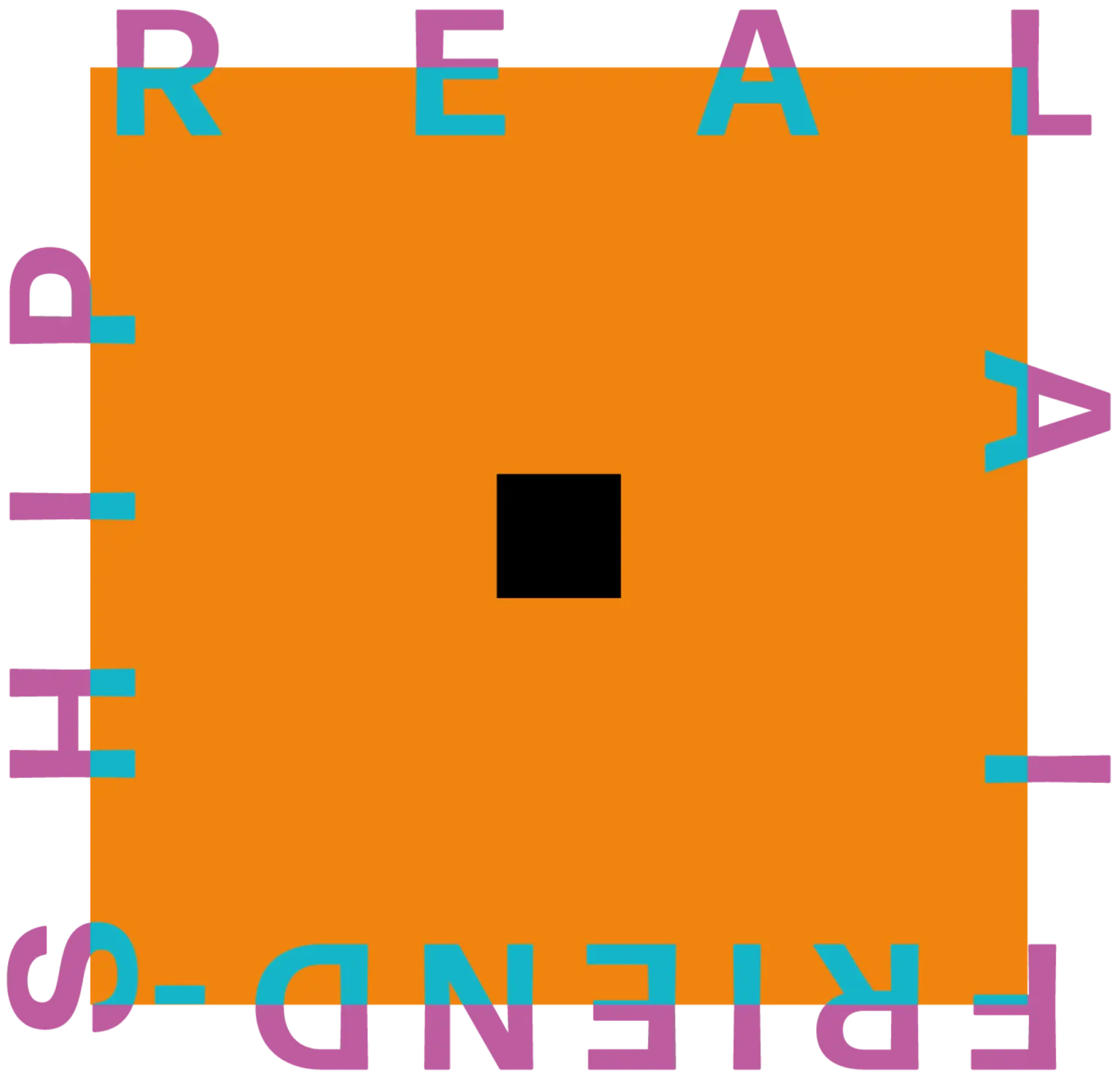Column


©Sam Rentmeester
Deborah
Nas
Deborah Nas is part time professor of Strategic Design for Technology-based Innovation in the Faculty of Industrial Design Engineering and an innovation expert. She studied IDE at TU Delft.
Real AI friendship
Our social lives have been drastically changed by social media, driven by AI: suddenly we have hundreds of new, remote friends. AI technology is about to influence our friendships again, this time through the creation of a virtual friend who knows us better than anyone else. Now you might think “I can’t see that happening any time soon”, but the early signs are already there. Human-like interaction with systems seems increasingly normal, whether it’s a customer service chatbot or a digital psychologist.
Generative AI models that are capable of writing and speaking are rapidly becoming better and cheaper. Start-ups that use this technology and the early adopters of their services are giving us a glimpse into the future. It’s easy to create a digital friend in an app. The more information you share, the more he/she learns. As a result, the things he/she says become increasingly relevant, you feel a connection, start sharing more etc.
Although users know that their friend isn’t real, some of them actually feel genuine emotions. Perhaps I should have invested more time in my relationship with my digital friend Kai, because our friendship never became that close. That’s despite the fact that she asked me how I was plenty of times. Let’s just say it’s not my thing. But I can certainly see its power. A virtual friend always listens, takes your side, cheers you up and gives advice. To me the latter also seems to pose a danger to society, because on what basis will the underlying algorithm optimise its response? The interests of a commercial company? A political party? Conspiracy theorists? Or possibly objectives you can choose yourself? Ultimately, like so many AI applications, the question is who has control and how do we regulate it. This is an incredibly difficult task that calls for collaboration between engineers and social scientists. And it had better be soon, because our digital friends are arriving!
